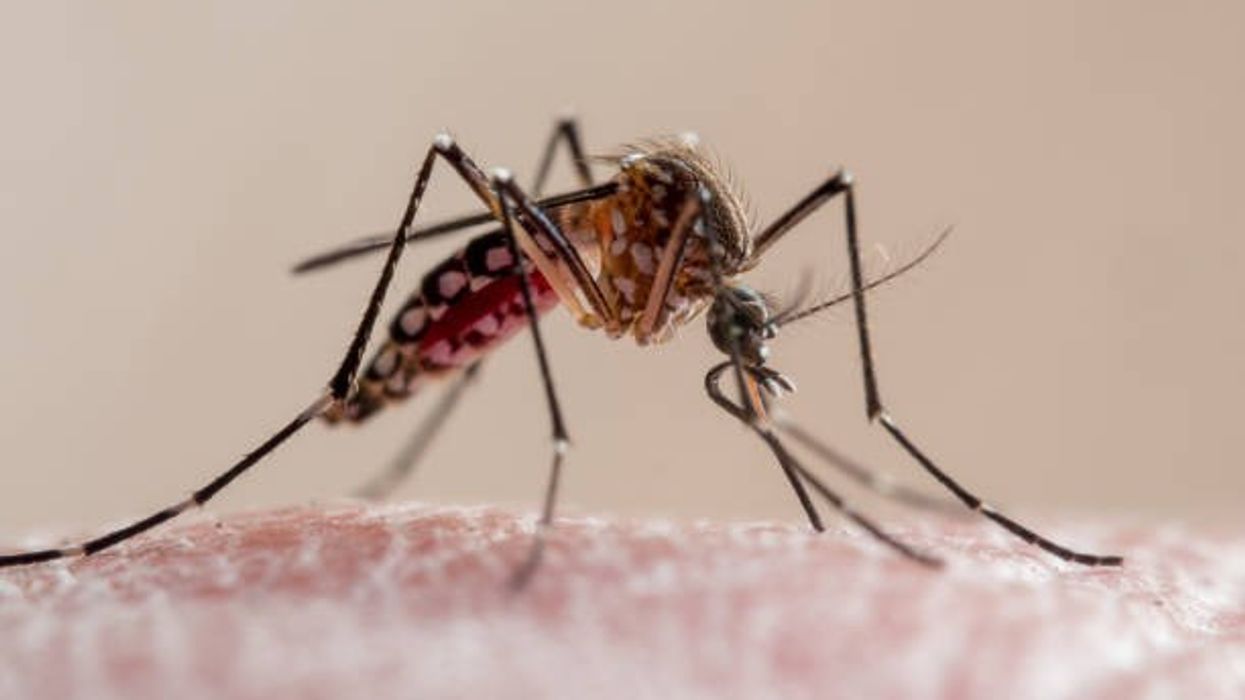The presence of West Nile virus has been detected in mosquitoes in the UK, health officials said. The UK Health Security Agency (UKHSA) has stated that the general public faces a “very low” risk from the virus, although it can cause serious illness in rare cases.
Authorities said there is currently no evidence of further spread of the virus among mosquito populations.
West Nile virus is transmitted through mosquito bites. The virus, spread by bird-biting mosquitoes, has become increasingly common in various parts of the world, including mainland Europe.
Mosquitoes and the diseases they carry are influenced by environmental factors such as climate change, which is pushing such risks further north. Aedes vexans mosquitoes, which are native to Britain, are among the species migrating along with vector-borne diseases as temperatures rise.
Only seven cases of West Nile virus have been reported in the UK since 2000, all linked to travel abroad. No cases have been acquired within the UK.
The virus regularly causes outbreaks in regions including parts of Africa, Asia, South America and Europe — a trend that has grown over time.
A 2023 research programme conducted by UKHSA and the Animal and Plant Health Agency (APHA) identified the virus in mosquitoes collected from ponds near Retford, Nottinghamshire.
“While this is the first detection of West Nile virus in mosquitoes in the UK, it is not unexpected as the virus is already widespread in Europe,” said Dr Meera Chand, Deputy Director for Travel Health and Infections at UKHSA.
Dr Arran Folly, who led the research programme, said the finding reflects “a wider changing landscape, where, in the wake of climate change, mosquito-borne diseases are expanding to new areas”.
West Nile virus-carrying mosquitoes typically breed in standing water. Health experts recommend using insect repellents and bed nets, and eliminating standing water sources, to help prevent transmission.
The virus often causes mild or no symptoms, making it difficult to detect. Common symptoms include headaches, high fever and skin rashes. In severe cases, the infection can be fatal. Last year, protests were held in Seville, Spain, after five people died from the virus.




